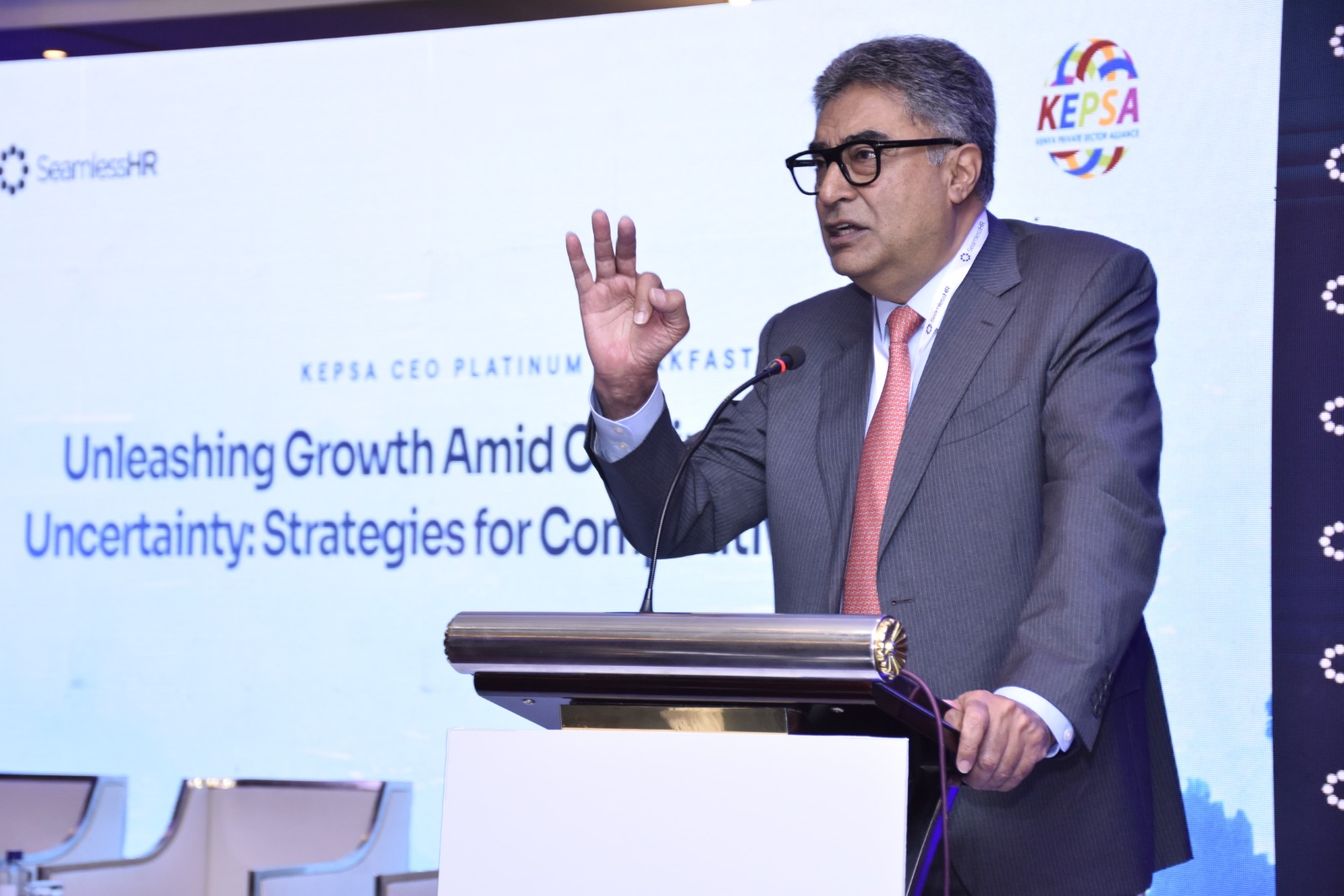
Business leaders now want local banks to reform the sector and move away from ‘lazy banking,’ where institutions prefer investing in government securities over lending to the private sector.
Commercial banks have been channelling their loans to government papers at times, even borrowing from the Central Bank of Kenya (CBK) emergency discount window to fund purchases of government securities.
The discount window is meant to be used to provide temporary liquidity to banks but has been exploited as lenders see a profit opportunity from the facility's lower interest rate compared to treasuries.
For instance, Kenya's nine tier one banks made a total of Sh110.39 billion in interest income from their investment in government securities in the first half of 2024.
This was a 17.87 percent increase from the previous year. Treasury bonds constituted 85.5 percent of the government's domestic debt, followed by Treasury bills at 11.4 percent.
However, a high-level gathering of business executives organised by the Kenya Private Sector Alliance (KEPSA) in collaboration with SeamlessHR wants this trend to change and financial sector reform to better support Micro, small, and medium enterprises (MSMEs) and the informal sector.
“There is the need for significant reform within Kenya's banking sector, advocating for consolidation from 38 to approximately 15 banks. And a strong push for a transition from "lazy banking" to increasing private sector credit, with a target of 15 per cent from the current 1 per cent,” reads part of the recommendations by KEPSA.
The discussion also highlighted the need to shift towards cash-flow-based lending for SMEs and startups, rather than relying on collateral.
The executives are also calling for urgency in implementing comprehensive AI strategies to secure investment and innovation opportunities.
With the tangible threat of global competition, business leaders are pushing for the need for immediate and decisive action. They want this done through empowering micro, small, and medium enterprises (MSMEs) and the informal sector through vital supply chain financing and improved access to capital.
KEPSA Chairperson Dr. Jas Bedi noted that the Fourth Industrial Revolution offers powerful tools for digital transformation, enabling enhanced productivity and innovation even in uncertain times.
"The global economy is shifting in ways we can't predict. These forces create instability, but also new possibilities. The key to navigating this uncertainty is not just a strategy for capital, it is people," said SeamlessHR Chairman Irfan Keshavjee.
A new report by CFA Institute, a global not-for-profit organization that provides finance education for investment professionals, shows that the dominance of financial institutions has extended beyond the state securities into the capital markets.
This has seen the investor base in private capital markets in Kenya and in East Africa generally dominated by development finance institutions (DFIs) and international investors (including international pension funds, high-net-worth investors, and family offices), with little participation by local investors.
CFA capital markets specialist at Financial Sector Deepening Africa (FSD Africa) Brian Opiyo Yalla, in a report titled Capital Formation in Africa: A Case for Private Markets says the Kenyan market is dominated by bank-issued bonds rather than diverse corporate issuances.
This has been hindering its growth potential. The recent proposal to tax green bonds and the current high yields on government bonds may further dampen growth for this moribund sector.
“Most corporate bond issuance in Kenya comes from banks and nonbank financial institutions; nonfinancial companies hesitate to access the market,” said Opiyo.
“This dynamic leaves a small pool of diverse corporate bonds available for investors. As of September 2023, Sh28 billion worth of corporate bonds was outstanding, from a small list of eight issuers, two of which collapsed in the mid-2010s.”
















